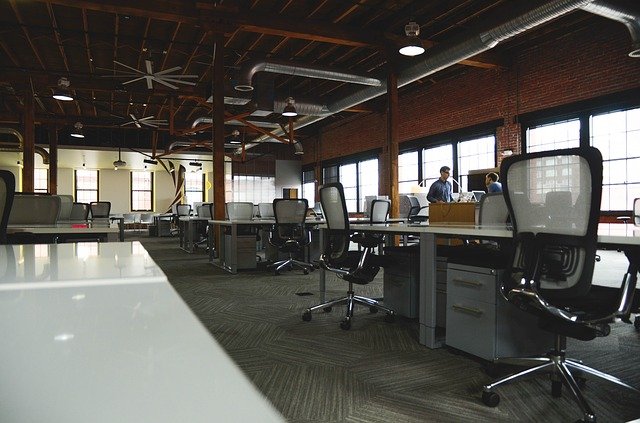Indian Startups are expected to lease approximately 29 million square feet between 2022 and 2024, an increase of 1.3 times over the period 2019-2021. FinTech and logistics start-ups are driving demand as digital adoption and the e-commerce boom gain post-pandemic momentum and a healthy pipeline on the list of potential unicorns. In addition, increasing digital recruitment, the availability of a large talent pool, favorable government policies, and funding options from venture capitalists are driving startup growth.
According to real estate consultants Colliers and CREMatrix, in a report titled Startups Scale Up, the availability of a large talent pool, favorable government policies, and funding are driving startup growth. The demand in sectors like Edtech, Health-tech, and Prop tech is going to gain momentum in addition to Fintech and logistics sectors.
Office leasing by start-ups has been very active over the last three years. Continuing this momentum, startups are expected to occupy 78 million square feet of office space by 2024, with a share of just 2% to 13% in 2010. As of 2021, global companies continue to dominate India’s office space, with the highest growth of startups of over 60% and currently occupying a significant 10% share.
Bangalore continues to be the leading startup hub with a 34% occupancy in 20 1921, making Koramangala, HSR, and Indira Nagar the preferred place for startups. A well-developed ecosystem, deep technological talent, and entrepreneurial culture are key factors in attracting startups to the city.
Delhi NCR, one of the fastest-growing markets in terms of startup leasing, tripled its startup leasing year-on-year in 2021. The area benefits from educational institutional catchments and strong infrastructure. Mumbai has seen several startup activities over the years. However, relatively high rents and high living costs are often seen as deterrents for young businesses.
Ramesh Nair, CEO, India and MD, Market Development, Asia Colliers said, “…Startups are the fastest growing occupier group among other occupier groups, and currently occupy 10% of the office space. This has created numerous opportunities for office space providers to rethink and reposition their workplace offerings to attract diverse set of occupiers. As startups pick up pace, landlords need to consider the business life cycle and work preferences of the startups to capture the real estate demand from startups to drive more value,”
Abhishek Kiran Gupta, CEO, and Co-founder of CRE Matrix said, “About 30 million square feet office space in India is occupied by co-working or flex players. We believe a large share of this is occupied by start-ups. Therefore, anecdotally, start-ups currently occupy more than 49.7 million square feet. Our internal forecasts peg the start-up’s occupancy to be about 78 million square feet of office space plus 20-22 million square feet in flex spaces by 2024, totaling to about 100 million square feet by 2024″
Office space providers need to adapt to startup needs and workplace preferences. As startups focus on creating a culture of collaboration, the demand for well-designed and fully managed spaces will increase. Flexible rental terms, minimum block duration, and deposits are also important parameters for startups when renting space. This creates many opportunities for flex-space providers in major cities and other cities. Start-ups may prefer an affordable location near the city center with expansion options.
The subway will continue to be the core hub of startups, but non-metro will increase startup leasing and flexible space usage as they tend to reduce living costs, reduce fixed investment and work from anywhere. Emerging hubs such as Jaipur, Ahmedabad, Indole, and Coimbatore, according to the report, could increase the flexible space and occupancy of startups as entrepreneurs use these locations to start their businesses.
Senior Director and Head of Research, Colliers India, added, “The government’s push towards digitization and ease of doing business has provided a big boost to the startup ecosystem. The sector has also piqued the interest of investors that has helped the segment scale-up creating numerous opportunities in office space. In the years to come, we will see a lot of changes in workplace designs with more focus on space design, amenities, technologies, and customization,”


















































